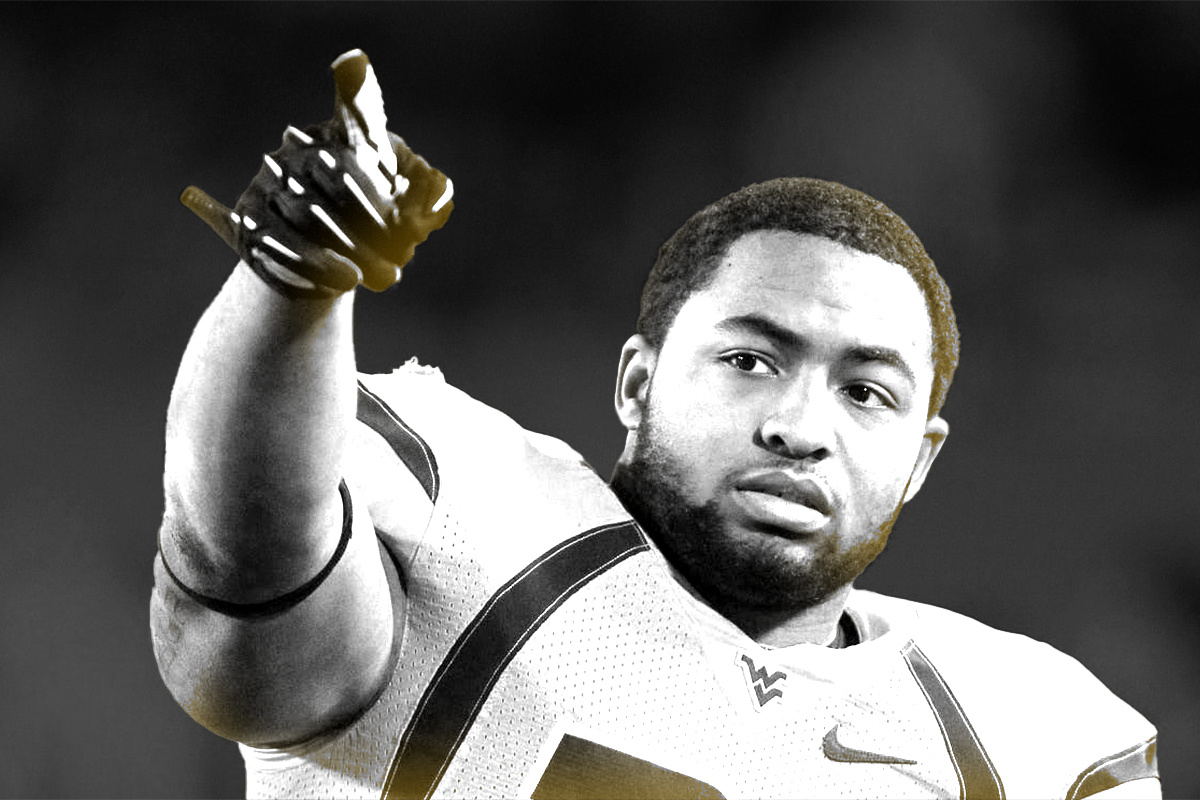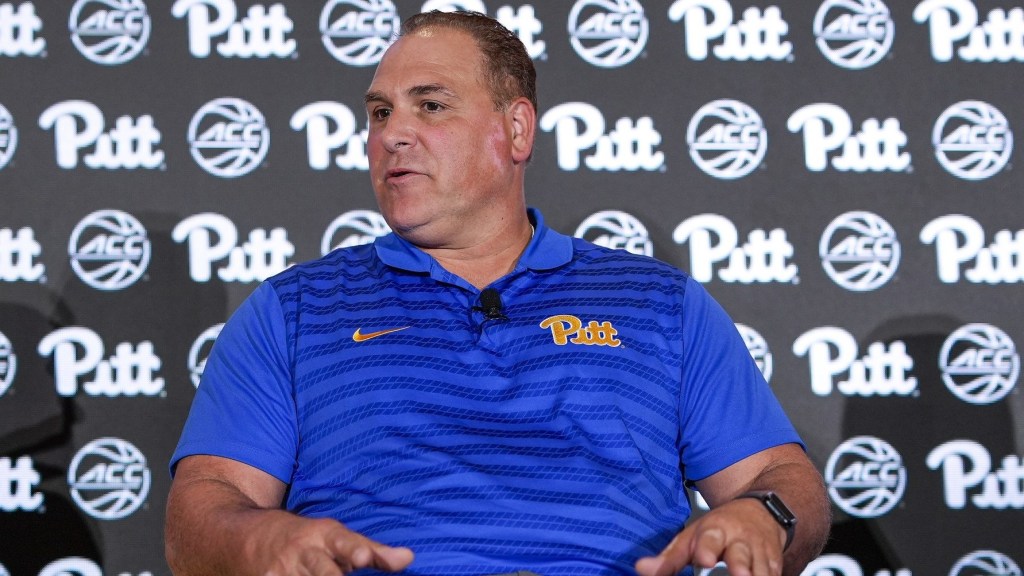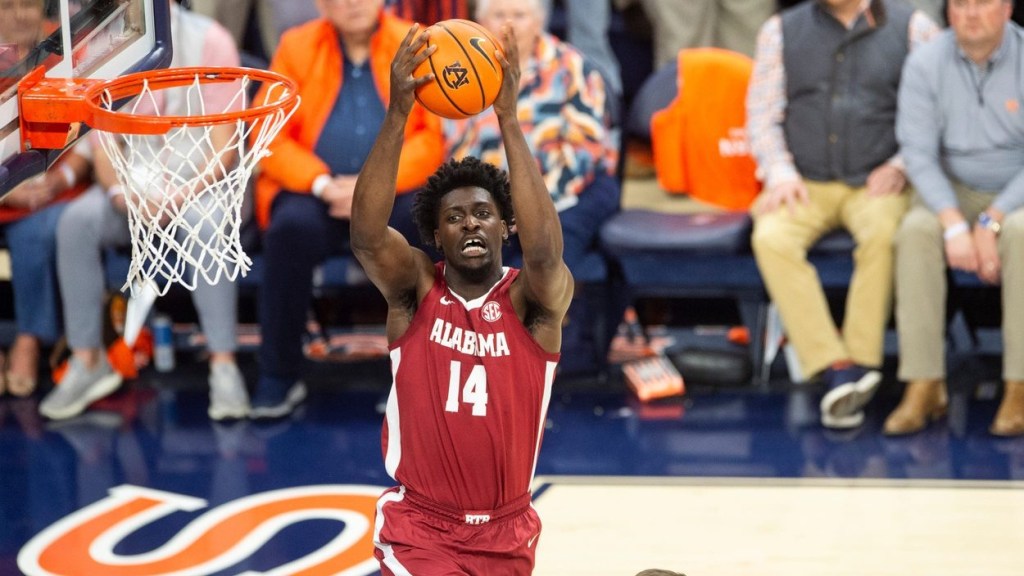There were three significant questions posed by the justices to the NCAA:
What exactly is its definition of amateurism? Do consumers really watch NCAA sports over pro leagues because they’re not paid? Why is “price fixing” the cost of athlete labor not subject to strict antitrust scrutiny?
After they finished with the NCAA, the justices asked Alston’s lawyer: Would a favorable ruling “open the floodgates” to tear down NCAA sports as we know them?
Here are the arguments from the briefs that originally sparked these questions.
NCAA’s Side
In its argument, the NCAA exploits its dual nature as both a business venture and an educational institution.
On the one hand, it says players have to be amateurs in order to make a unique, and therefore competitive, product.
But on the other, since amateurism is used for primarily “educational” purposes — it’s alleged main objective — it shouldn’t be subject to strict antitrust scrutiny.
How does the NCAA prove it’s an “educational venture”? By qualifying that some of it’s sports, like women’s, don’t actually make money.
“The argument never really made sense,” University of Baltimore law professor Dionne Koller told FOS. “It never made legal sense, and it doesn’t make logical sense.”
“We know that gender equity and the free market can coexist.”
Alston’s Side
According to Alston plaintiffs, the NCAA can’t even come up with a clear definition of amateurism, given that scholarship rules have changed so much over time. They ask how amateurism could be essential if the NCAA can’t even define it.
And in order to prove the NCAA is, in fact, subject to antitrust law, Alston lawyers emphasize that the governing body acts more like a corporation than an educational charity.
One example the brief mentions: While normal students were asked to take classes remotely, football and basketball players have competed during the pandemic in order to satisfy lucrative TV contracts.
They also accuse the NCAA of asking for the equivalent of an exemption from antitrust law altogether, something a court can’t provide.
The NCAA, of course, denies this is true. Though experts told FOS that’s basically what they’re asking for.

















